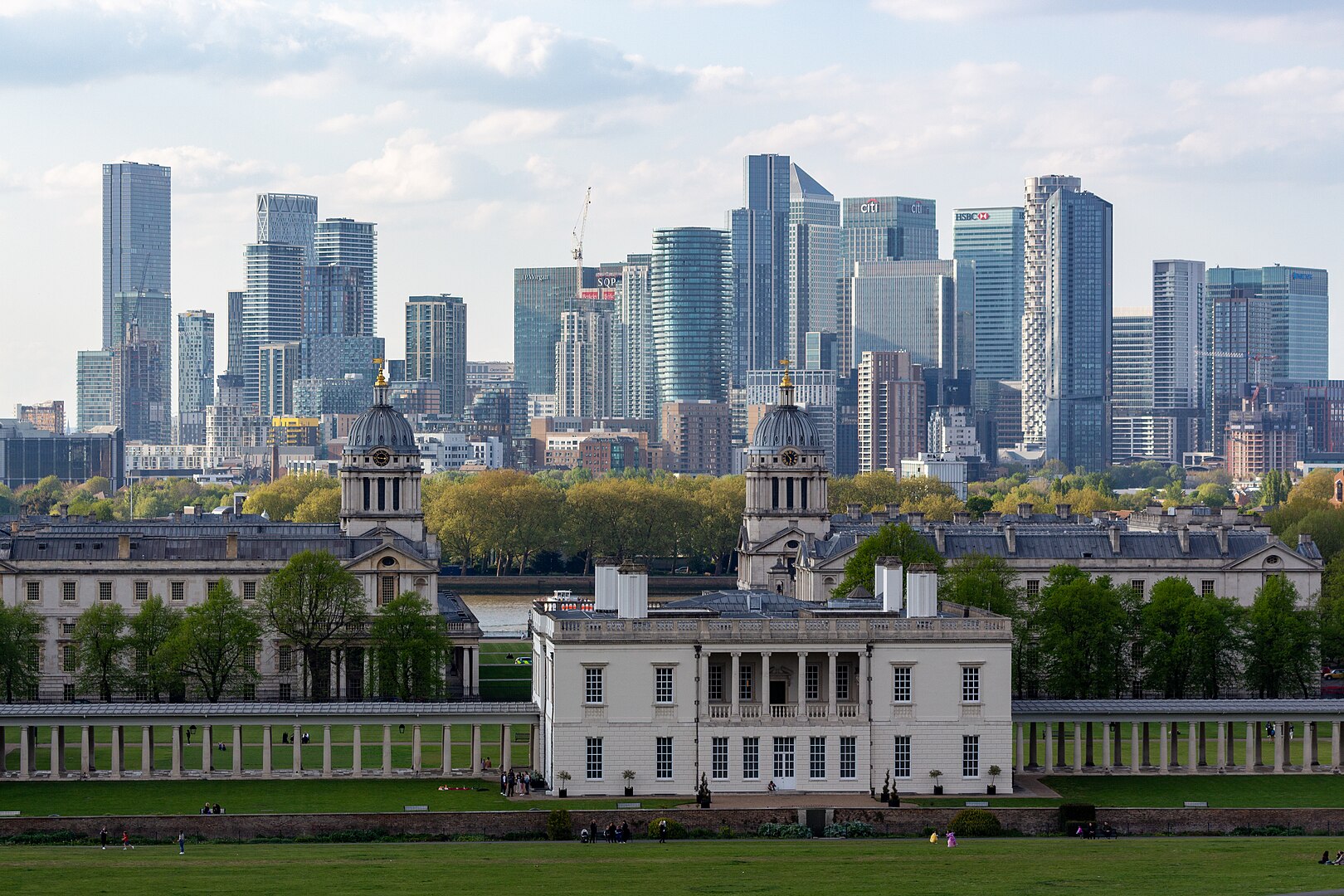 BBC News
BBC NewsBorrowing was £17.4bn last month, the second highest October figure since monthly records began in 1993.

Finito World
A few hours after unveiling a spending review weighted with ambition — apprenticeships, nuclear power, new railways and rising defence budgets — Rachel Reeves faced a different, colder kind of statistic: the UK economy had contracted by 0.3% in April, its worst monthly performance in eighteen months.
And so the air thickens with a familiar question: will taxes rise again?
Reeves, careful as ever, refused to rule it out. No chancellor, she said, could script four years of Budgets in advance. And of course she’s right — the world is too volatile, the margins too thin. But the question isn’t simply about fiscal contingency. It’s about trust. It’s about timing. And above all, it’s about whether a weary electorate, bruised by inflation and rising bills, can fairly be asked to shoulder another round of extraction.
Growth and the Great Paradox
The paradox is this: Reeves has chosen investment. She has opted for the long term. Her Spending Review is replete with growth-tilted commitments — apprenticeships, AI, Sizewell C, modernisation of courts and prisons. It is a budget not of instant returns but of slow-building possibility.
But such a posture requires time. And time is in short supply when growth stalls.
The April data shows fragility in all the wrong places: the services sector shrank, exports to the US plummeted, and tariff tensions linger. The hoped-for bounce from infrastructure spend or skills investment has not yet reached street level. And so, the whispers begin: more tax rises are coming. Many voters will get that sinking Labour feeling of having to work harder for the foreseeable future – all to keep less of their money.
The Employer’s Breaking Point
But further tax rises risk becoming an economic own goal. In April, businesses already absorbed an increase in employer National Insurance contributions, from 13.8% to 15%, while thresholds fell. Add to that the minimum wage hike, higher business rates, and the rolling impact of inflation — and a picture emerges of firms pushed to their threshold.
Ollie Vaulkhard, a hospitality entrepreneur in Newcastle, put it plainly: “Each one of those is manageable — you put them all into a pot, ultimately we’ve got to charge our customers more.” In other words: price rises, job stagnation, and the quiet retreat of enterprise – and all of this with the quiet ring of predictability. Everybody who saw Reeves’ budget knew it would lead to this – and it has.
It is a point echoed in the voices of small businesses up and down the country — the hidden engines of local employment. They do not make headlines, but they make jobs. And those jobs are, increasingly, under pressure.
The Human Angle
Then there’s the story of Lewis Eager in Southend-on-Sea — 26 years old, living with his parents, applying for thousands of jobs, and still unable to find full-time work. He is hopeful about the apprenticeship pledges made in the Spending Review, but his words carry a warning: “I see a looming crisis among young people unable to get on the jobs ladder.”
That crisis isn’t abstract. It’s visible in stagnant pay, intermittent contracts, and a deepening disillusionment among a generation that came of age during austerity and pandemic — and now must navigate a tax environment that offers little oxygen to employers or wage growth.
The Fairness Faultline
And so we arrive at the crux. If the economy continues to struggle, and if borrowing becomes more expensive — as it now has — then tax rises become more likely. But not all tax rises are equal.
Raising VAT or personal tax rates risks hitting consumers already squeezed. Increasing corporation tax or employer NICs strangles job creation at precisely the moment we claim to value growth. And council tax — quietly set to rise 5% annually — is regressive by design, hitting those with fixed or lower incomes hardest.
This is not just a question of economics. It is one of fairness.
If we ask the working public to pay more, after a decade of austerity, pandemic hardship, and the current cost-of-living crisis — then we risk breaking something harder to restore than revenue: public consent.
The Autumn Crossroads
Reeves has so far pitched herself as the chancellor of discipline and direction — no wild giveaways, no magic-money-tree optimism. But the autumn Budget will test that stance. Growth must appear — or taxes will. And if taxes come, they must do so with surgical fairness, lest the public turn from patience to protest.
And so the country waits — mid-step between hope and hesitation. It waits to see whether its optimism, freshly rekindled, will be met with opportunity — or another letter from HMRC.
But perhaps the final word belongs not to economists or chancellors, but to people like Lewis — young, hungry to work, and asking a quiet question that hangs in the air above every budget line: if growth is coming, when will it arrive for me?